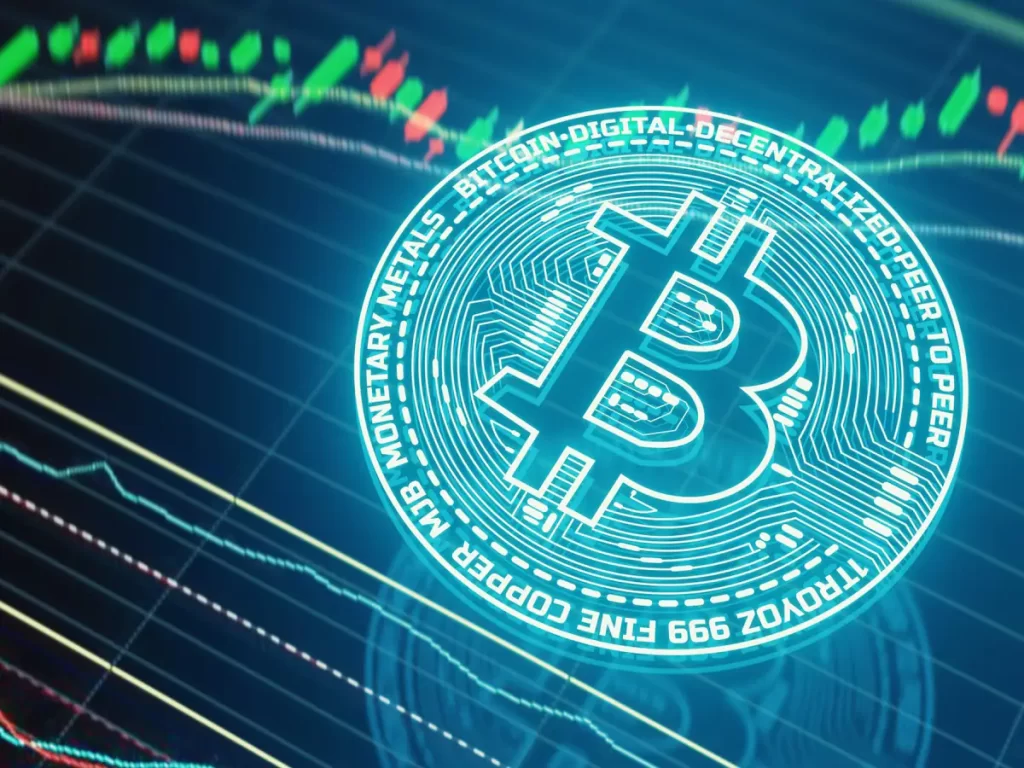Investing in NFTs A New Frontier in Digital Assets
Non-Fungible Tokens NFTs have rapidly emerged as a revolutionary asset class, redefining the landscape of digital ownership and investment. Unlike cryptocurrencies such as Bitcoin or Ethereum, which are fungible and can be exchanged on a one-to-one basis, NFTs are unique digital items verified using blockchain technology. This uniqueness and verifiability have opened new avenues for investors and creators alike, transforming the art, entertainment, and collectibles industries. NFTs first gained mainstream attention through digital art sales, with high-profile transactions like Beeple’s Everydays: The First 5000 Days selling for $69 million at Christie’s auction. This monumental sale highlighted the potential for NFTs to generate significant returns on investment and underscored their value as a new medium for artistic expression. For investors, NFTs offer a novel way to diversify portfolios beyond traditional assets like stocks, bonds, and real estate.
 One of the key attractions of NFTs is their ability to authenticate ownership and provenance. Each NFT is stored on a blockchain, which serves as a public ledger those records all transactions. This transparency ensures that the ownership history of the digital asset is indisputable, reducing the risk of fraud—a common issue in the traditional art market. For collectors, this means peace of mind and confidence in the authenticity of their acquisitions. Moreover, NFTs have expanded beyond the realm of digital art. They have found applications in various industries, including gaming, music, and virtual real estate. In gaming, NFTs can represent in-game assets such as characters, weapons, or skins, which players can trade or sell. This has created new economic opportunities within gaming ecosystems, turning casual play into potential profit centers and website link topcryptocurrencies.io. Similarly, musicians are leveraging NFTs to sell unique digital albums, concert tickets, and exclusive content directly to fans, thus bypassing traditional distribution channels and retaining more control over their work.
One of the key attractions of NFTs is their ability to authenticate ownership and provenance. Each NFT is stored on a blockchain, which serves as a public ledger those records all transactions. This transparency ensures that the ownership history of the digital asset is indisputable, reducing the risk of fraud—a common issue in the traditional art market. For collectors, this means peace of mind and confidence in the authenticity of their acquisitions. Moreover, NFTs have expanded beyond the realm of digital art. They have found applications in various industries, including gaming, music, and virtual real estate. In gaming, NFTs can represent in-game assets such as characters, weapons, or skins, which players can trade or sell. This has created new economic opportunities within gaming ecosystems, turning casual play into potential profit centers and website link topcryptocurrencies.io. Similarly, musicians are leveraging NFTs to sell unique digital albums, concert tickets, and exclusive content directly to fans, thus bypassing traditional distribution channels and retaining more control over their work.
Virtual real estate is another burgeoning sector where NFTs are making a significant impact. Platforms like Decentraland and The Sandbox allow users to buy, sell, and develop virtual land parcels as NFTs. These digital spaces can be used for various purposes, including building virtual stores, galleries, or social hubs, further blending the lines between the physical and digital worlds. As the metaverse—a collective virtual shared space—continues to evolve, the demand for virtual real estate is likely to increase, making it a potentially lucrative investment. However, investing in NFTs is not without its risks. The market is still relatively young and highly speculative, with prices driven largely by hype and sentiment rather than intrinsic value. This volatility means that investors can experience significant price swings, and there is always the risk of an asset becoming worthless. Additionally, the environmental impact of blockchain technology, particularly the energy-intensive proof-of-work consensus mechanism used by platforms like Ethereum, has raised concerns among environmentally conscious investors.